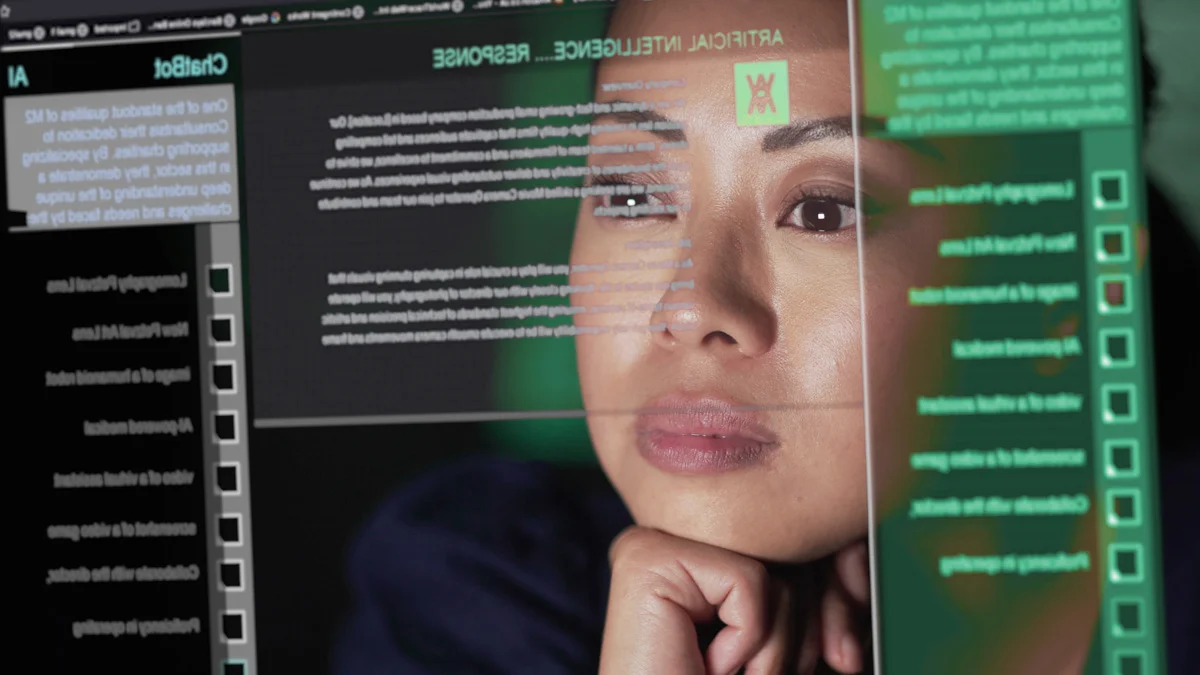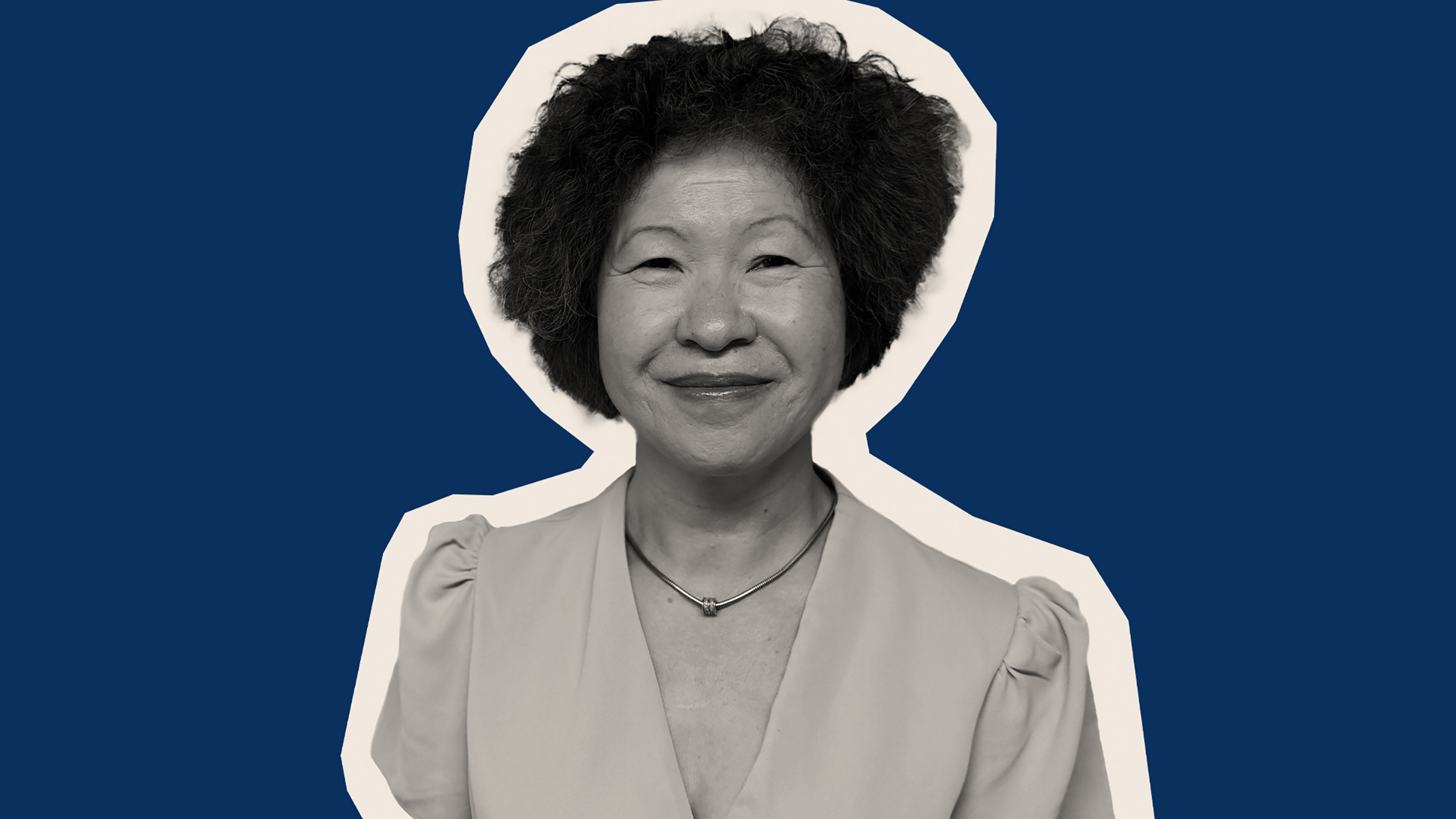
As artificial intelligence (AI) and automation evolve, they will transform the global workforce significantly. According to a report by Goldman Sachs, AI could affect 300 million jobs worldwide, either by eliminating them or altering their nature.
This will have far-reaching implications not only for the labour market but also for pay equity and economic activity, with different consequences for men and women due to various factors, not least because of occupational segregation.
Impact on jobs
AI and automation are expected to revolutionise various industries by streamlining tasks, enhancing productivity and reducing the need for human work. The Goldman Sachs report highlights that jobs in sectors such as administration, customer service and manufacturing are most vulnerable as they can involve repetitive tasks, which AI systems can do more efficiently.
The automation of routine tasks disproportionately affects jobs typically held by women, such as secretarial work, data entry and retail positions. AI can automate scheduling, data management, and customer service interactions. However, in many cases, AI will alter the nature of existing jobs, requiring workers to adapt to new technologies and develop new skills.
This transformation may open opportunities for those who can upskill into new roles, but it also risks exacerbating existing inequalities, particularly if access to training and education is uneven.
Effect on pay and economic activity
On one hand, AI has the potential to boost productivity and economic growth, leading to higher wages and increased job opportunities in certain sectors. On the other hand, the displacement of jobs in sectors such as retail, administration, and manufacturing could lead to wage stagnation or even declines, particularly in jobs that are easily automated. Wage impacts will not be evenly distributed between men and women.
For instance, in the healthcare sector, which employs a high proportion of women, AI could automate routine diagnostic tasks, potentially reducing the demand for certain roles while increasing the demand for AI specialists and data analysts, roles which are currently male-dominated.
These positions command higher pay due to their technical nature and scarcity. In the UK women make up approximately 22 per cent of the workforce in data and AI roles – less than the global average of 26 per cent.
Gender differences and the influence of AI
AI’s influence on jobs is not limited to job displacement and wage impacts; it also extends to how AI is integrated into daily work processes and how men and women use AI differently in their jobs. Research shows that men and women often approach technology differently due to varying levels of access, confidence, and encouragement to engage with technology from an early age.
The gender gap in AI usage is also complicated by the underrepresentation of women in AI-related fields. This discrepancy means that women may have less influence on how AI is developed and implemented, leading to AI systems that may not fully account for gender differences or that perpetuate existing biases. For example, AI systems used in recruitment or performance evaluation could inadvertently reinforce gender biases if they are trained on biased data.
Being fair and inclusive
The rise of AI and automation is set to reshape the workforce in profound ways, with significant implications for jobs, pay and gender equity. As AI continues to advance, it is crucial to address the challenges posed by occupational and task segregation to ensure that the benefits of AI are shared equitably. This includes investing in education and training to help workers adapt to new roles, promoting gender diversity in AI-related fields and developing AI systems that are fair and inclusive.
Zara Nanu is a serial entrepreneur and a member of the women’s leadership board at Harvard Kennedy School.
Related and recommended

The travel tour entrepreneur’s business is thriving after the pandemic because she listened to customers

Empowering employees to take ownership of decisions is vital to success, but they must accept the privilege and responsibility too

Fashion entrepreneur Dessi Bell explains why customers are looking for something different when they shop on the high street

Think assistants are just admin managers? Think again. They might be your greatest business asset

